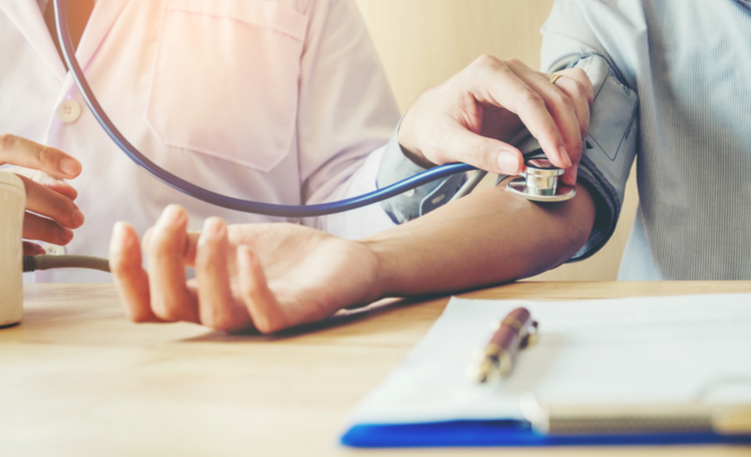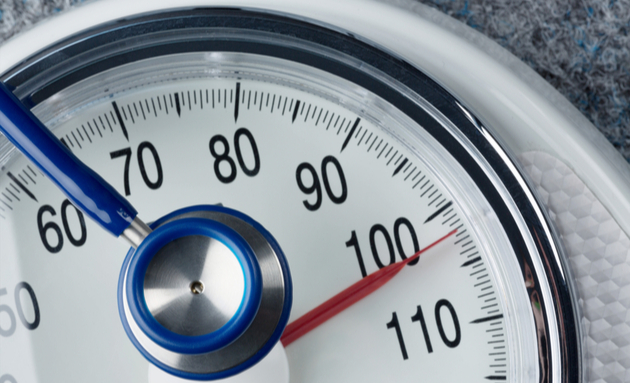5 Things You Need To Know about Hypertension

Hypertension generally develops over several years without many overt symptoms. Worried that your unhealthy lifestyle choices could make you a candidate for High Blood Pressure (HBP)?
Here are five things you might not have known about hypertension:
1. High blood pressure is not easy to spot
Hypertension is a rapidly growing epidemic in India and affects every 1 in 3 Indian adults. It is called a "silent killer"
2. The criteria for hypertension has changed due to new guidelines

In 2017, the world's leading heart health organisations made a unanimous decision to lower the blood pressure (BP) levels for the diagnosis of hypertension from the older threshold of 140/90 millimetres of mercury (under 65) and 150/80 mm Hg (above 65 years) to 130/80 mm Hg and higher for all adults. The implication of this announcement is that hypertension can potentially affect 70% to 79% of the general population above the age of 55 (Including those who were previously considered to be healthy). Act quickly if your blood pressure is currently over 130/80 mm Hg (millimetres of mercury) as you could be borderline hypertensive.
3. You shouldn't make a Hypertension diagnosis on the basis of a single test
Did you know that your blood pressure reading can fluctuate depending on the time of day? Generally, your BP is lower in the morning, rises throughout the day and falls in the night. This is important to consider when you’re getting your blood pressure tested. Our recommendation is to evaluate your BP at regular intervals over a 24-hour period to get a more accurate idea of your hypertension risk.
4. Medication and Health Conditions can interfere with your Blood Pressure reading

Certain medications can cause blood pressure to rise, including medicines for asthma, birth control or estrogen regulation. Your blood pressure can also fluctuate due to medical anxiety (a condition called White Coat Syndrome), sleep apnea, thyroid problems and some chronic kidney diseases. Be sure to inform your doctor if you take any medication that could impact your blood pressure.
5. You can track your BP yourself
You should consider monitoring blood pressure in the comforts of your home by purchasing a self-monitoring device to track your BP. This is especially helpful if you have been diagnosed with Hypertension or are on the borderline. It is, however, important to ensure that the device you buy uses a cuff above your elbow as opposed to finger and wrist monitors as they aren't as reliable. Also, make it a point to get your device calibrated with your doctor before you take your first reading.


